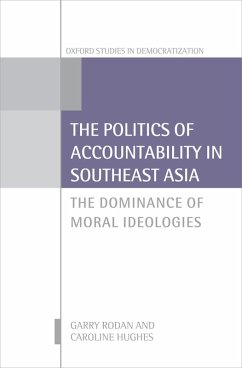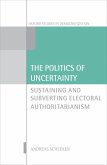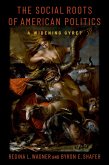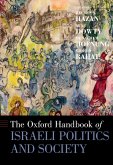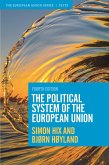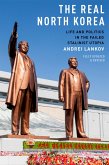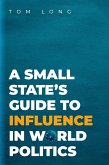Calls by political leaders, social activists, and international policy and aid actors for accountability reforms to improve governance have never been more widespread. For some analysts, the unprecedented scale of these pressures reflects the functional imperatives and power of liberal and democratic institutions accompanying greater global economic integration. This book offers a different perspective, investigating the crucial role of contrasting ideologies informing accountability movements and mediating reform directions in Southeast Asia. It argues that the most influential ideologies are not those promoting the political authority of democratic sovereign people or of liberalism's freely contracting individuals. Instead, in both post-authoritarian and authoritarian regimes, it is ideologies advancing the political authority of moral guardians interpreting or ordaining correct modes of behaviour for public officials. Elites exploit such ideologies to deflect and contain pressures for democratic and liberal reforms to governance institutions. The book's case studies include human rights, political decentralization, anticorruption, and social accountability reform movements in Cambodia, Indonesia, Malaysia, the Philippines, Singapore, Thailand, and Vietnam. These studies highlight how effective propagation of moral ideologies is boosted by the presence of powerful organizations, notably religious bodies, political parties, and broadcast media. Meanwhile, civil society organizations of comparable clout advancing liberalism or democracy are lacking. The theoretical framework of the book has wide applicability. In other regions, with contrasting histories and political economies, the nature and extent of organizations and social actors shaping accountability politics will differ, but the importance of these factors to which ideologies prevail to shape reform directions will not. Oxford Studies in Democratization is a series for scholars and students of comparative politics and related disciplines. Volumes concentrate on the comparative study of the democratization process that accompanied the decline and termination of the cold war. The geographical focus of the series is primarily Latin America, the Caribbean, Southern and Eastern Europe, and relevant experiences in Africa and Asia. The series editor is Laurence Whitehead, Official Fellow, Nuffield College, University of Oxford.
Dieser Download kann aus rechtlichen Gründen nur mit Rechnungsadresse in A, B, BG, CY, CZ, D, DK, EW, E, FIN, F, GR, HR, H, IRL, I, LT, L, LR, M, NL, PL, P, R, S, SLO, SK ausgeliefert werden.

